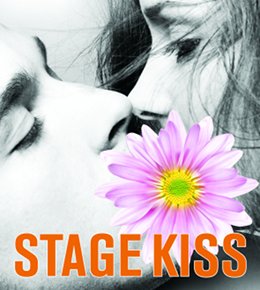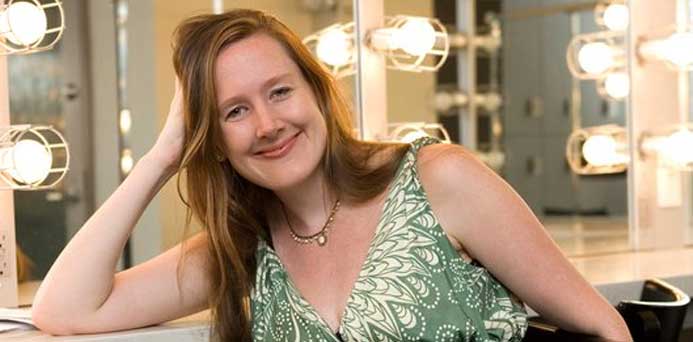Wilmette native Sarah Ruhl is one of the most accomplished and acclaimed playwrights in contemporary theater.
Beginning April 30, Goodman Theatre presents the world premiere of Ruhl’s “Stage Kiss,” which it commissioned, while her adaptation of Virginia Woolf’s classic “Orlando” closes this weekend at Court Theatre.
Known for her quirky plays that tackle everything from the history of religion to human sexuality, Ruhl won a MacArthur “Genius” grant in 2006 at the tender age of 32. Her award-winning plays have been produced all over the world, and, in recent years, she’s taken on a new role: mother of three kids, all under the age of five.
Make It Better talked with Ruhl about how she manages a brilliant career and a family.
MIB: How has becoming a mom changed your writing life?
SR: I would be lying if I said it was easy to balance having three children with the life of the mind or the schedule of the theater. It’s harder to get out the door. And it becomes more important to get out the door if I want to get any writing done. Luckily, I have a supportive husband and some wonderful babysitters.
 MIB: What inspired you to write “Stage Kiss”?
MIB: What inspired you to write “Stage Kiss”?
SR: A lot of my work involves what lies between the audience and the actor. Watching rehearsals over the past 15 years, I got to thinking: what a weird job it must be to kiss people on stage. It made me wonder to what extent that kiss is performance and to what extent these external gestures affect the actors’ internal state.
I read 1930s Broadway chestnuts that use tea sets, white gloves and drawing rooms. I was interested in the language of intimacy. What’s a more “real” way of talking about love—our 2011 way, or the high-flown language of the ‘30s?
MIB: What do you remember about the Piven Theatre Workshop in Evanston, where you studied as a child?
SR: It was an extraordinarily creative place. It was all about discovery, and making the imagination real.
MIB: How did your childhood influence your approach to theater?
SR: My mom is and was an actress. She took me to rehearsals. She would often be reciting “The Bald Soprano” in the living room. So, I had a sense of the absurd and the theatrical from an early age.
MIB: How did you develop the feminism that often comes through in your plays?
SR: I’ve been a feminist as long as I’ve had the occasion to wear high heels. But I wouldn’t say I’m ideological. I’m interested in human stories, and in telling stories from a woman’s point of view. I think male writers are capable of writing with androgyny. And I think male audiences are fully capable of seeing things from a woman’s point of view, just as women can identify with or empathize with Hamlet and King Lear. But the more women we have writing more plays, the more multifaceted our stories will be.

